
National Design Academy
The UK’s leading provider of Interior Design qualifications online in partnership


National Design Academy
The UK’s leading provider of Interior Design qualifications online in partnership

National Design Academy Head Office and Studios - Nottingham, UK
The National Design Academy (NDA) can help you turn your passion for design into an exciting career by studying one of our online interior design related degrees. We offer flexible online degrees that fit around your work and personal life and because NDA is not for profit, our fees are substantially lower than other design schools & universities. Whatever subject you choose you will gain the skills to design your own stunning projects or to start your own design business or enter a career in the design industry or even progress onto a campus based degree.
NDA offers the following degrees, awarded by our Academic Partner De Montfort University Leicester (DMU):
FdA (Foundation Degree) Interior Design & BA (Hons) Final Year Top-Up
FdA (Foundation Degree) Heritage Interior Design & BA (Hons) Final Year Top-Up
FdA (Foundation Degree) Retail Design & BA (Hons) Final Year Top-Up
Master’s Degree (MA) Interior Design with Practice Management
Graduate Certificate Interior Design (Pre-Master’s) Conversion course for those with a design related Bachelor’s Degree
Most importantly, NDA programmes are industry-led and taught by experienced professionals, providing you with the best preparation for a career in design, and the commercial and entrepreneurial skills to start your own business.
I hope you enjoy reading our Degree prospectus and we look forward to helping you to achieve your goals. Should you have any questions please contact our agent who will be pleased to help you.

Pauline Riley - Academy Director
NDA is Britain’s leading Design School. Established as a Centre of Excellence for design for over 30 years, NDA has alumni of over 30,000 graduates in 80 countries.
NDA is a ‘Not for Profit’ Foundation, meaning profits are used to maintain low fees and scholarships for the benefit of our students.
Learning and life sometimes clash and because we don’t always know what’s ahead of us, flexible learning with the NDA balances a structured programme with individual choice, allowing you to work at your own pace and still achieve your aspirational goals.
All NDA Degrees are awarded by our Academic Partner, De Montfort University Leicester.
As well as a dedicated student support team you will be assigned your own personal tutor who you can contact via telephone, email or Skype from Monday to Friday 9am-5pm.
If you can connect to the internet you can study, contact your tutor and other students from anywhere in the world using our bespoke Virtual Learning Studio (VLS).


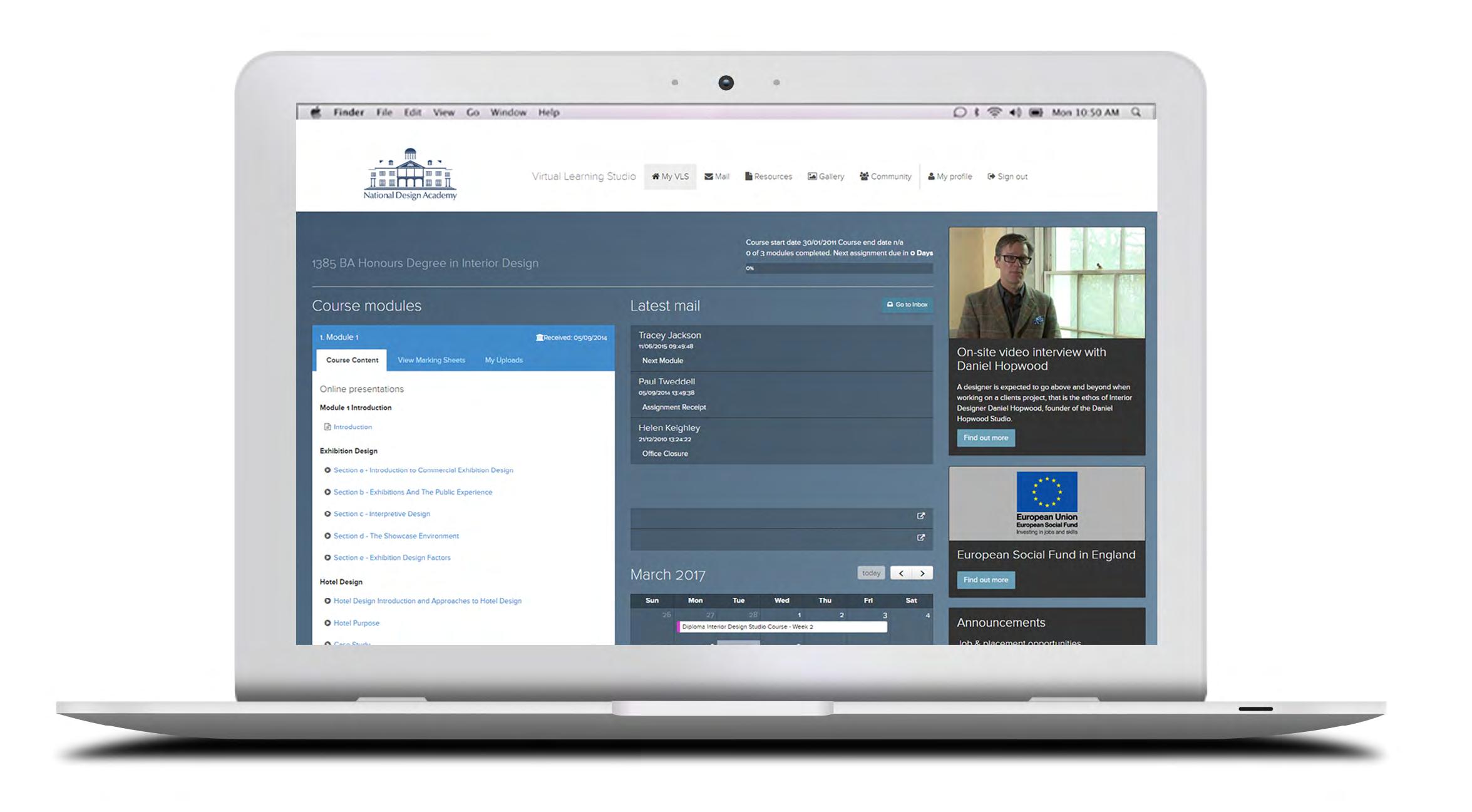
The VLS is our exclusive, online resource which replaces the normal lectures given in Colleges and Universities. This provides links to other online resources and may contain videos, images, quizzes and lectures.
Students can rewind and re-watch until they are sure they have understood. No frantic note taking and no missing an important lecture! Study when and where it suits you!
“Everything that I needed was there and very clear... good as always, plenty of information.”
BA (Hons) Graduate

Every NDA student has a personally allocated tutor to guide them through their qualification. You have unlimited access to your Personal Tutor and can book a one to one tutorial by telephone, Skype or in-person.
We also have a dedicated Student Support and Administration Team to help deal with any other quieries such as payments, student loans advice and anything else you may need a helping hand with.
Our Student Helpline is available at any time Monday-Friday 9.00.a.m. – 5.00.p.m.
To view some frequently asked questions please visit the FAQ’s section of our website:
““The panel commended the student support and engagement provided by tutors and noted that tutors were able to respond quickly to questions or requests for support via telephone or email.”
University Review


Graduation day is truly a wonderful way to celebrate with friends, family and fellow students and allows you a chance to proudly reflect upon your amazing achievement.
When you have successfully completed your degree you and your guests will be invited to attend an amazing graduation ceremony, in the theatre setting of the DMU campus in Leicester, held in July and January each year. You will also be invited to a private NDA reception and prize giving beforehand.
““It’s been such a fantastic day!… I’m so very proud of myself and my fellow students who received a degree today, thank you NDA for helping to change my life.”
Sandra Swain - BA(Hons) graduate

Students should hold ONE of the following:
• NDA Diploma
• Level 3 Diploma, City & Guilds or NVQ, BTEC, HNC etc. in Design or equivalent
• A Level in Art and/or Design equivalent
• Art & Design Foundation Year (university or college)
• Age 21+ portfolio of previous Interior Design experience
• International Baccalaureate Art & Design equivalent
• High School Diploma containing Art & Design with portfolio
The course is taught in English, so international students will require a good standard of written English to study. IELTS average 6.5 or TOEFL score of 550 is usually required, however all applicants are considered on an individual basis.
If you do not have the required qualifications to study a degree you can study an NDA Diploma either online or instudio, for a place on a degree afterwards. Please request a Diploma Prospectus for more information about NDA Diploma courses.


Students should hold ONE of the following to top-up to a full BA (Hons) degree:
• Foundation Degree in Interior Design, or equivalent design subject
• BTEC, HND or international two year design based degree or equivalent
• Age 21+ extensive portfolio of Interior Design experience
The course is taught in English, so international students will require a good standard of written English to study. IELTS average 6.5 or TOEFL score of 550 is usually required, however all applicants are considered on an individual basis.
If you do not have the required qualifications to study a degree you can study an NDA Diploma either online or in-studio, for a place on a degree afterwards. Please request a Diploma Course Guide for more information about NDA Diploma courses.


The Foundation (FdA) Degree is the ideal course for anyone progressing from an NDA Diploma or other Level 3 Qualification who has creative interest and would like to enter a career as an interior designer, and would like to expand their skills and knowledge of the global design industry or progress onto the BA (Hons) Final Year Top-Up.


The BA (Hons) Final Year top-up is ideal for those wishing to ‘top-up’ an existing two year qualification into a full BA Honours Degree with one further year’s study, for a career as an interior designer or to progress onto an MA.
Foundation Degree (FdA) students study Modules 1 - 8
BA (Hons) Final Year Top-Up students study Modules 9 - 11
Interior design is a vibrant and exciting industry, and within this module you will be introduced to world leaders in both residential and commercial design. Research underpins all good design projects therefore this module will introduce you to the skills and methods needed to undertake this research. You will gain a comprehensive knowledge of interior design and its history through the ages; knowledge which you will be able to apply to future modules.

However beautiful a space, if it is not functional it will not work for the user. Form and function is essential for good design. In this module you will learn how to design a space to meet the requirements of its function. You will learn how to plan and design an efficient, comfortable and safe space within a number of different briefs for both residential and commercial interiors. You will also start to learn the importance of development work at the initial stages of a project and how a concept will aid the design process.
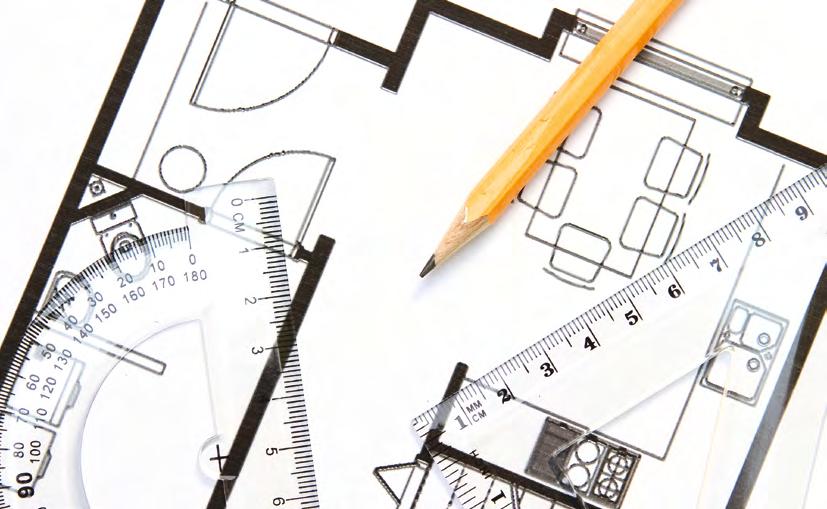
To understand the present, you need to understand the past, and in this module you will be encouraged to actively research heritage buildings within your local area, utilising some of the skills developed in the research module. This module examines the factors that have played a part in the development of interior design since the Renaissance and gives you the opportunity to recreate some of the most fascinating design styles throughout history.
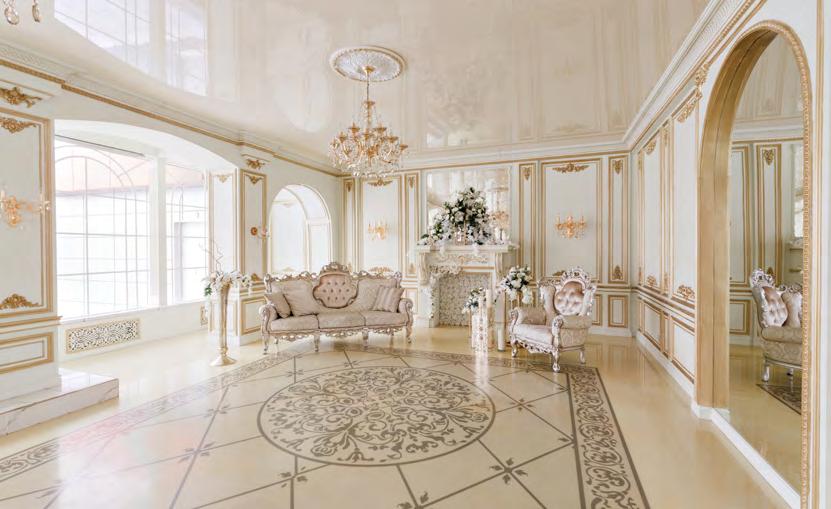
Good lighting and the creative use of technology is integral to any good interior design project. This module will cover the vast array of products and technologies which can be used within a space to create a dynamic yet functional scheme for both residential and commercial projects. You will further develop the scheme produced in your Space Planning module, adding lighting and audio-visual technology to an already developed furniture plan, ensuring that the space is fit for the purpose identified by the client.
Regardless of the sector you decide to specialise in, you will need to understand how and when to use sustainable products, materials and technologies, as this is a growing concern among clients. As a designer you need to be able to offer your clients the same range of options whilst being conscious of current environmental issues. Within this module you will address these issues and discover a range of architects and designers who specialise in eco-friendly interiors, all whilst exploring the world of restaurant design.


There are many factors which influence the sale or re-sale of residential properties, and in this module you will focus on how to design interiors that sell! By designing two different properties for clients who will not be the intended residents the way in which you communicate your ideas will be different. As part of this module you will learn how to produce letters to clients, design packs and 3D visuals.
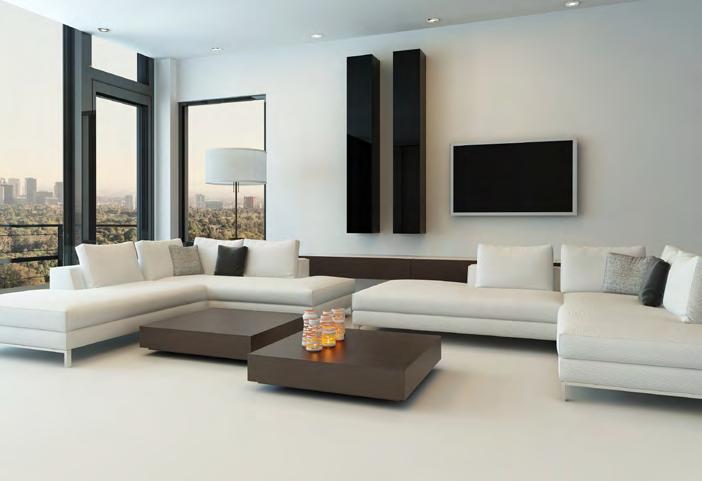
In this module you will be given the tools you need to create your own design practice and a marketing plan specifically tailored to you and your chosen career path. You will also explore the importance of branding to a business, and be given the opportunity to develop your own brand, which can form part of your portfolio and used to develop your future career prospects. You will also have the skills required to work within an existing practice at a professional level.
Through the development and presentation of a major design project, this module will allow you to apply everything that you have learnt so far. Working from concept, to development, through to completion, you will produce a great range of work to include within your portfolio. There is a choice of different client briefs, allowing you to tailor the direction of your project to your specialist field of degree study. For this module, you will also complete work experience, which will give you a unique insight into the design industry.
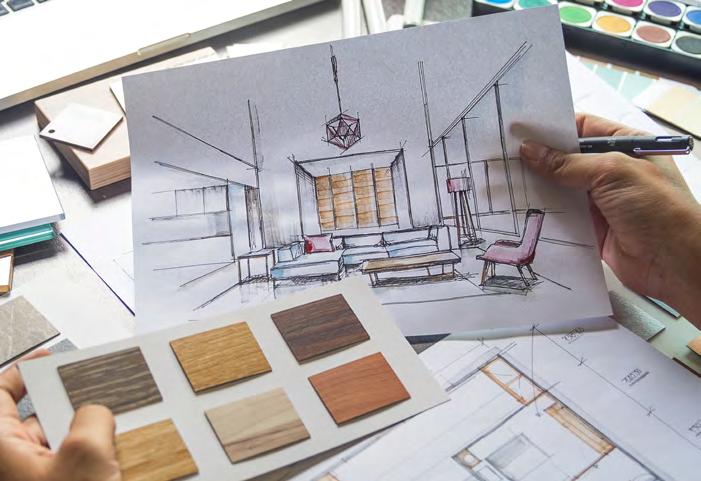
This module has two study options, which allows you to choose a project for your portfolio within the area of design that appeals to you most. Option 1 is exhibition design and within this you will explore the two main exhibition approaches; commercial trade shows and exhibitions within a gallery space.
There are many elements to explore, including the visitor experience and branding.
Option 2 for this module focuses on hotel design and tracks the evolution of this global industry. You will be given the opportunity to work with a building of your choice, developing an understanding for the impact a site will have on a target market and concept. This is a rich and diverse subject which will prove invaluable to anyone wanting to specialise in this area of design.

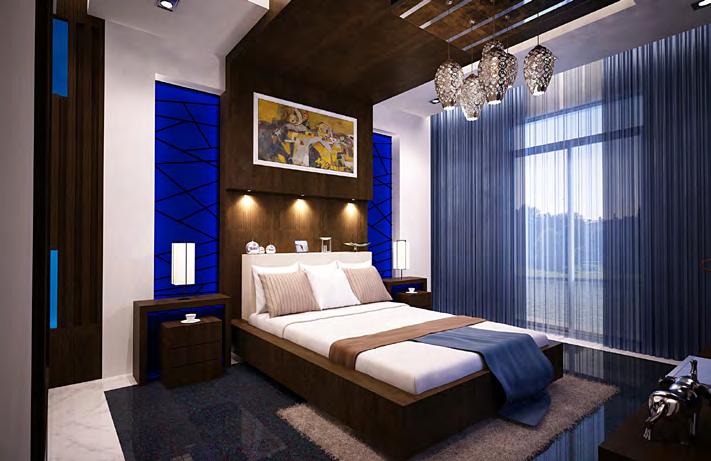
It is at this stage of the course that you will truly get to choose the direction of the work you produce, starting with the research of a topic close to your heart. If there is an area of design that you are passionate about, then this is an exciting opportunity to incorporate this into your degree. Within this module you will write a dissertation, with the support and guidance of your tutor, who by now will have a great understanding of you and how you study. This dissertation will then feed into your final module; the independent study.
Building on the topic you have developed in the Research Study module, with the support of your tutor, you will be given double the amount of time of the previous modules, to focus on your chosen design based project. This will be the culmination of three years of hard work and will bring together all the skills you have learnt along the way. This module will provide you with visuals, presentation boards, development sketches and technical drawings to add to your portfolio.
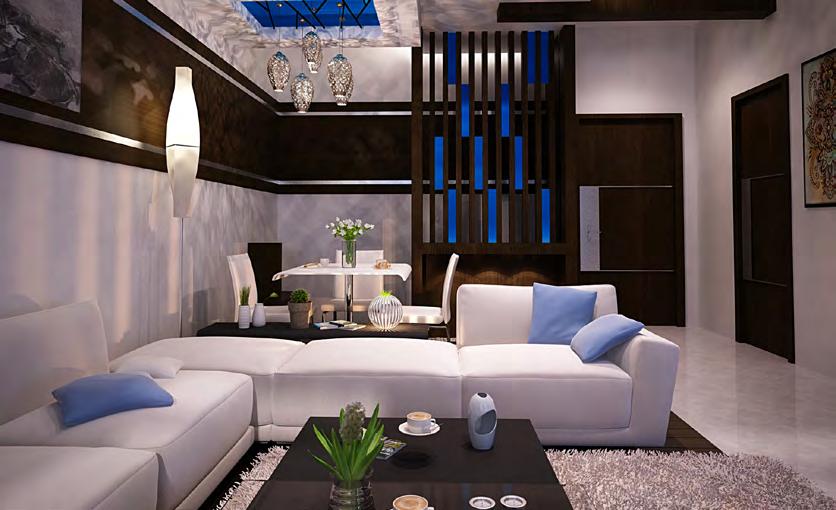
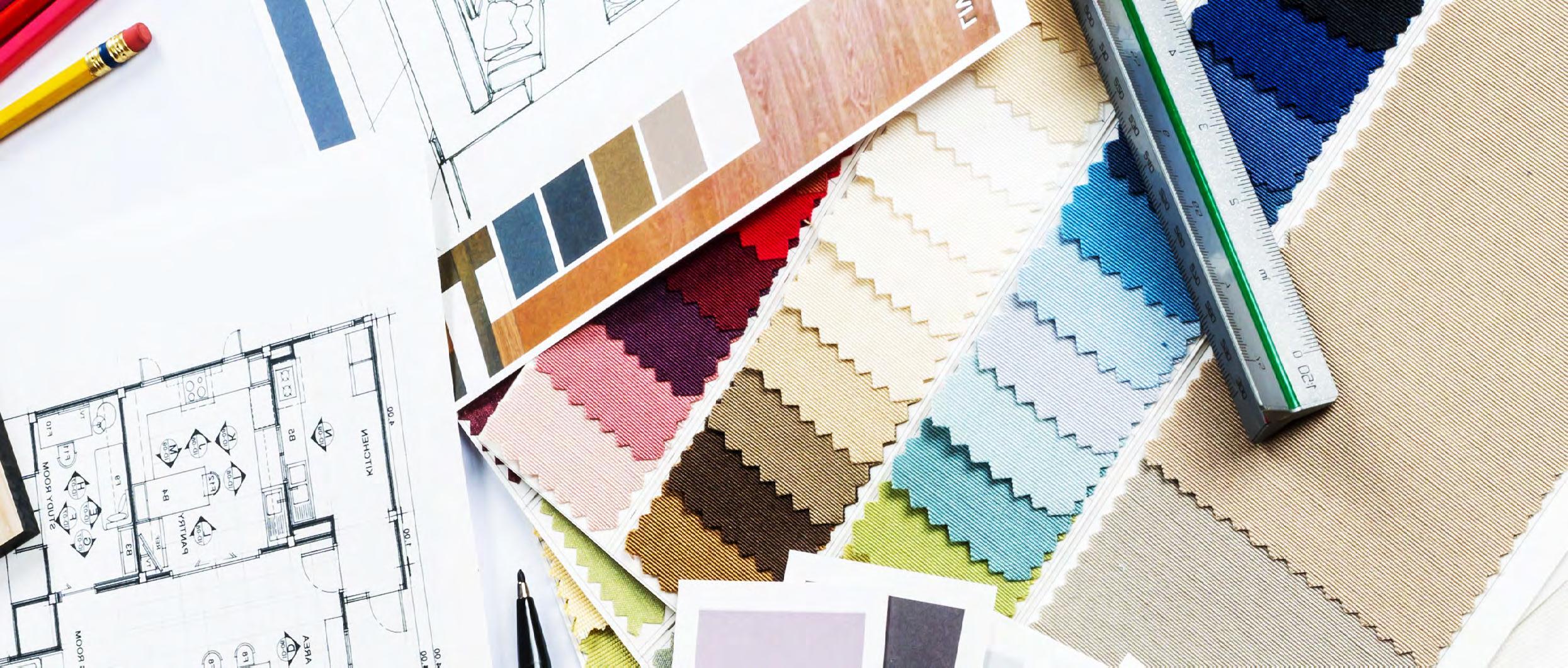
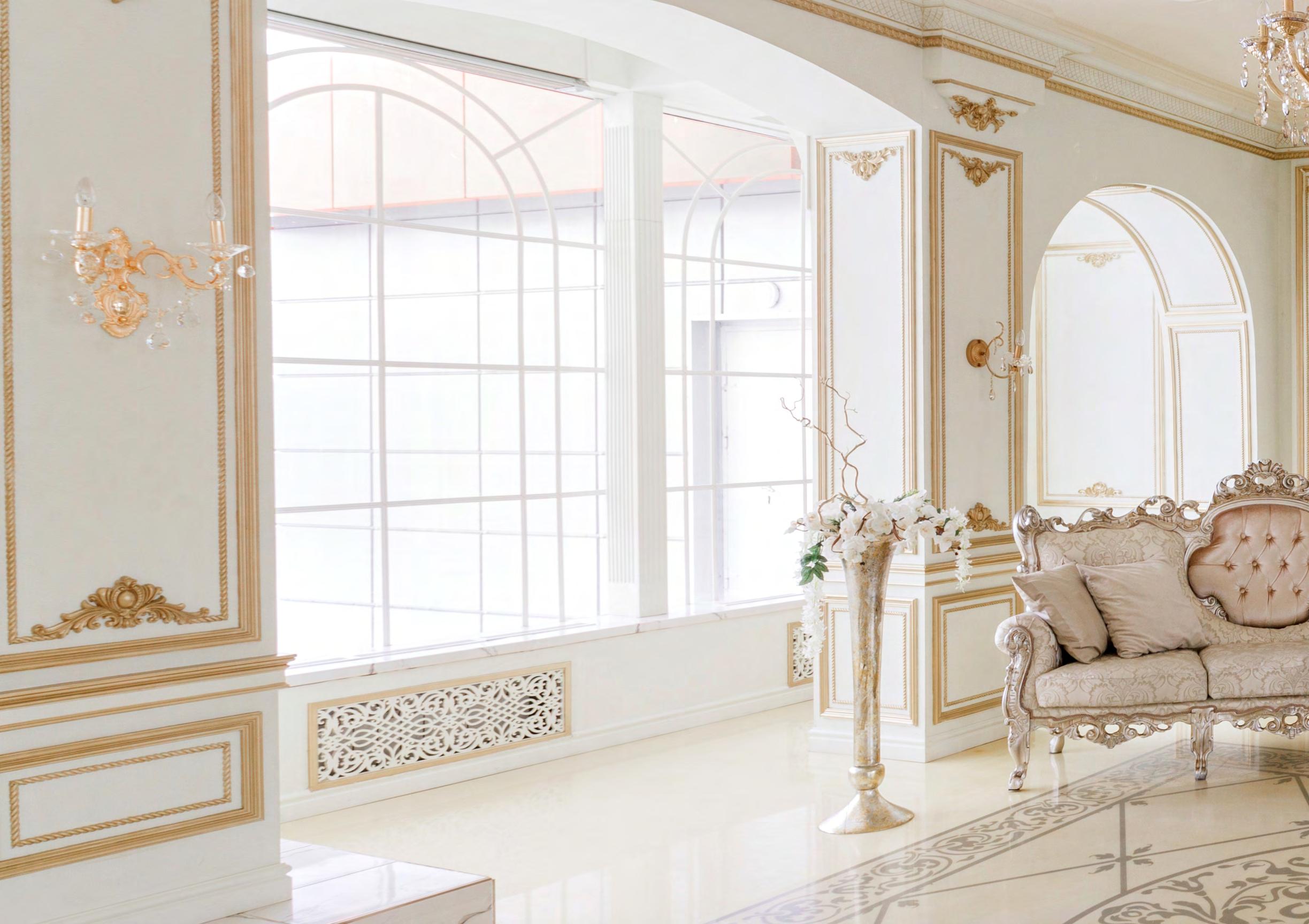

The Foundation (FdA) Degree in Heritage Interior Design is the only degree available in this subject. This degree offers students the perfect progression through the world of interior design with an emphasis on heritage style for period properties. This is a specialist area of interior design and is much in demand. Students can also progress onto BA (Hons) Final Year Top-Up.
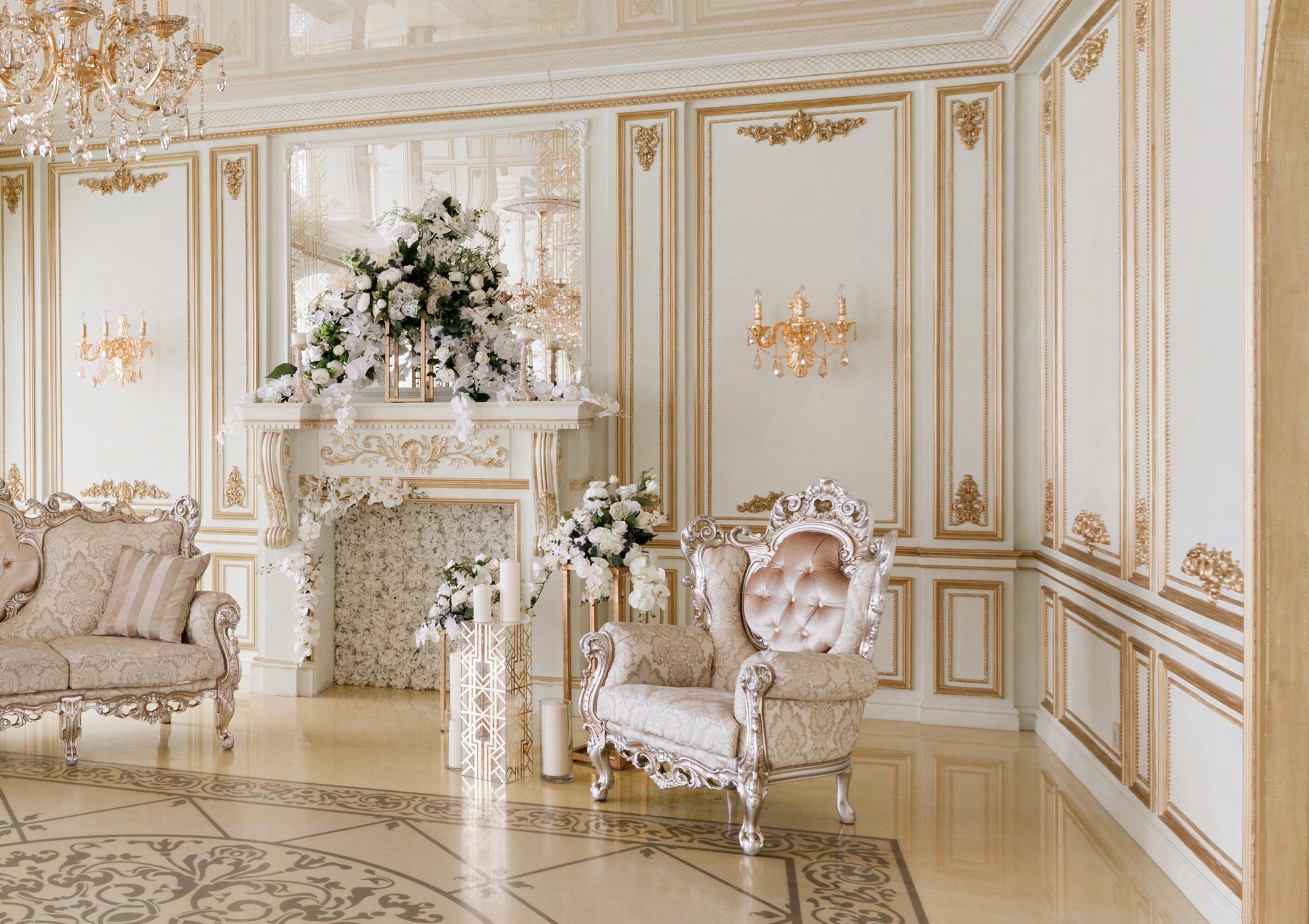

The BA (Hons) Final Year top-up in Heritage Interior Design is ideal for those wishing to ‘top-up’ an existing two year design qualification into a full BA Honours Degree with one further year’s study, specialising in the world of heritage interior design.
Foundation Degree (FdA) students study Modules 1 - 8
BA (Hons) Final Year Top-Up students study Modules 9 - 11
Interior design is a vibrant and exciting industry, and within this module you will be introduced to world leaders in both residential and commercial design. Research underpins all good design projects therefore this module will introduce you to the skills and methods needed to undertake this research. You will gain a comprehensive knowledge of interior design and its history through the ages; knowledge which you will be able to apply to future modules.

However beautiful a space, if it is not functional it will not work for the user. Form and function is essential for good design. In this module you will learn how to design a space to meet the requirements of its function. You will learn how to plan and design an efficient, comfortable and safe space within a number of different briefs for both residential and commercial interiors. You will also start to learn the importance of development work at the initial stages of a project and how a concept will aid the design process.

To understand the present, you need to understanding the past, and in this module you will be encouraged to activity research heritage buildings within your local area, utilising some of the skills developed in the research module. This module examines the factors which have played a part in the development of interior design since the Renaissance and gives you the opportunity to recreate some of the most fascinating design styles throughout history.

When working with heritage properties it is important not only to be sympathetic but authentic; in this module you will explore the specialist techniques and finishes used when restoring or recreating historic interiors, and learn how these can be applied. You will also learn about the modern techniques used to recreate historic interiors, when the original materials are unavailable or unsafe.
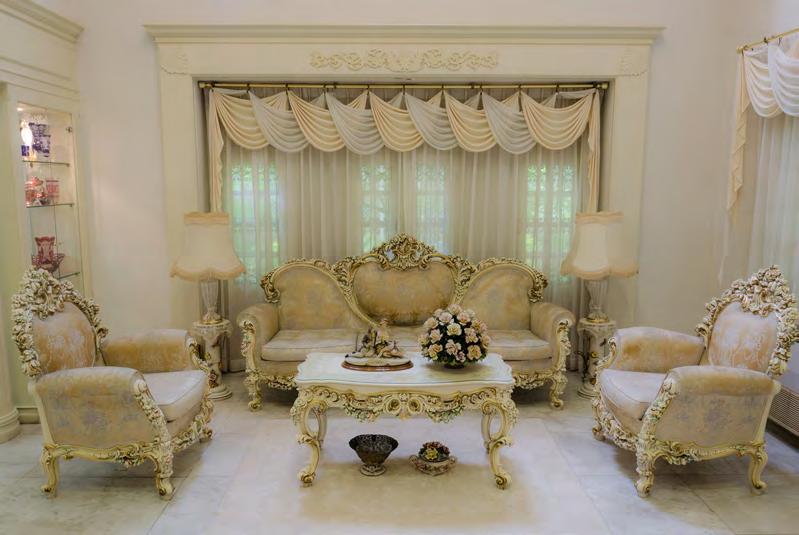
There are a range of constraints, procedures and processes involved in the restoration of heritage interiors, however after completing this module you will have a better understanding of these and be able to apply this knowledge to your own design work. You will be introduced to the criteria used to assess a listed building, and organisations who are ultimately responsible for the welfare of heritage buildings.
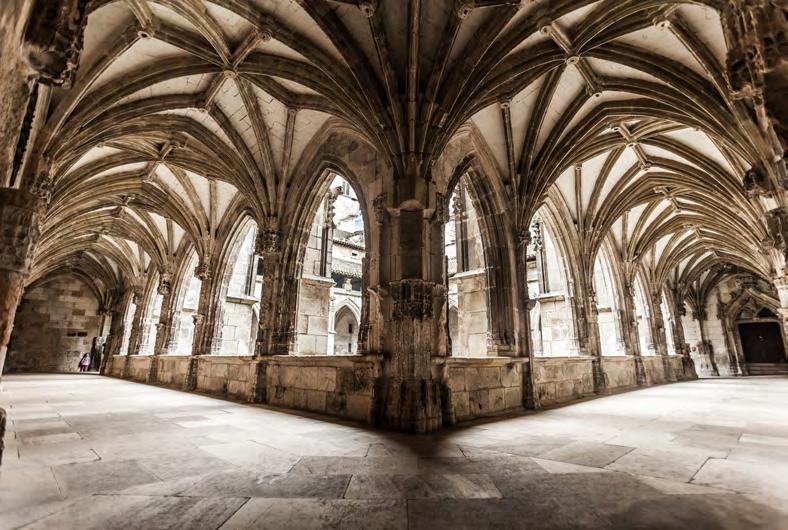
Walls, floors and window treatments are integral to any interior scheme, and in this module you will discover how these three elements can help you to create a scheme specifically for a heritage interior. Throughout this module you will be introduced to techniques used in different periods, however the module will culminate in the creation of a Georgian interior scheme, giving you a range of visuals to add to your portfolio.

In this module you will be given the tools you need to create your own design practice and a marketing plan specifically tailored to you and your chosen career path. You will also explore the importance of branding to a business, and be given the opportunity to develop your own brand, which can form part of your portfolio and used to develop your future career prospects. You will also have the skills required to work within an existing practice at a professional level.
Through the development and presentation of a major design project, this module will allow you to apply everything that you have learnt so far. Working from concept, to development, through to completion, you will produce a great range of work to include within your portfolio. There is a choice of different client briefs, allowing you to tailor the direction of your project to your specialist field of degree study. For this module, you will also complete work experience, which will give you a unique insight into the design industry.
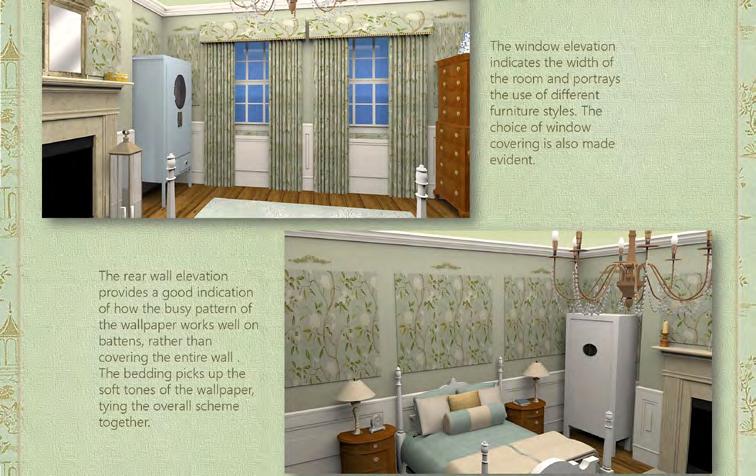
Using what you have learnt so far, in this module you will be tasked with finding a heritage building in your local area and producing a concept that converts this into a usable and authentic space which is reflective of the property’s history. You will explore the importance of protecting and enhancing a buildings history whilst developing a space which is style and appropriate for contemporary living.

It is at this stage of the course that you will truly get to choose the direction of the work you produce, starting with the research of a topic close to your heart. If there is an area of design that you are passionate about, then this is an exciting opportunity to incorporate this into your degree. Within this module you will write a dissertation, with the support and guidance of your tutor, who by now will have a great understanding of you and how you study. This dissertation will then feed into your final module; the independent study.

Building on the topic you have developed in the Research Study module , with the support of your tutor, you will be given double the amount of time of the previous modules, to focus on your chosen design based project. This will be the culmination of three years of hard work and will bring together all the skills you have learnt along the way. This module will provide you with visuals, presentation boards, development sketches and technical drawings to add to your portfolio.
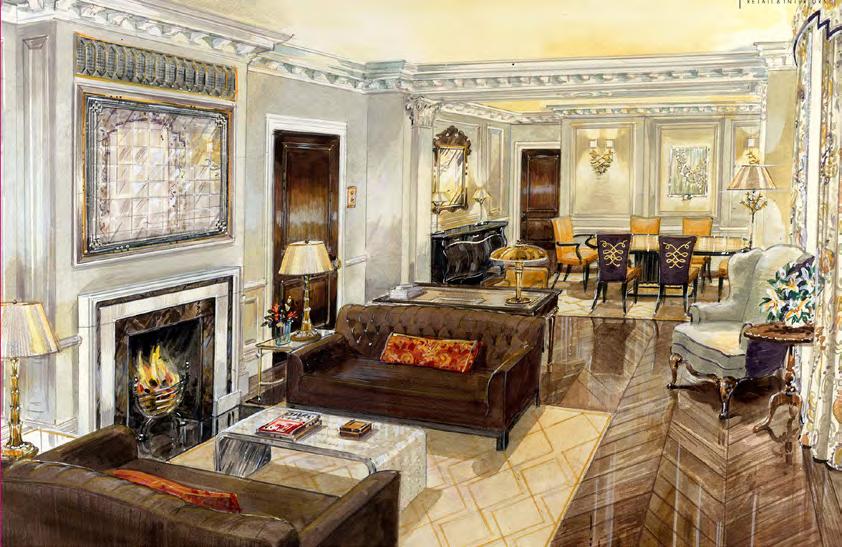
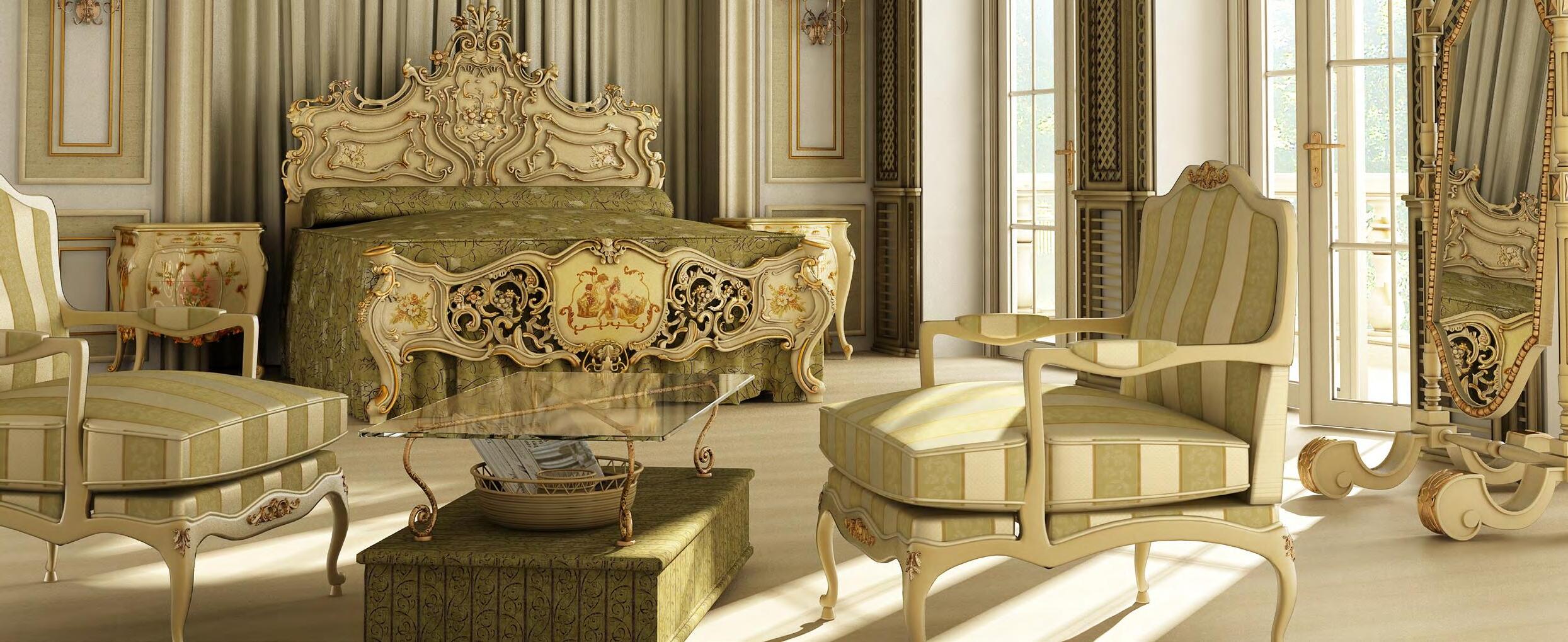
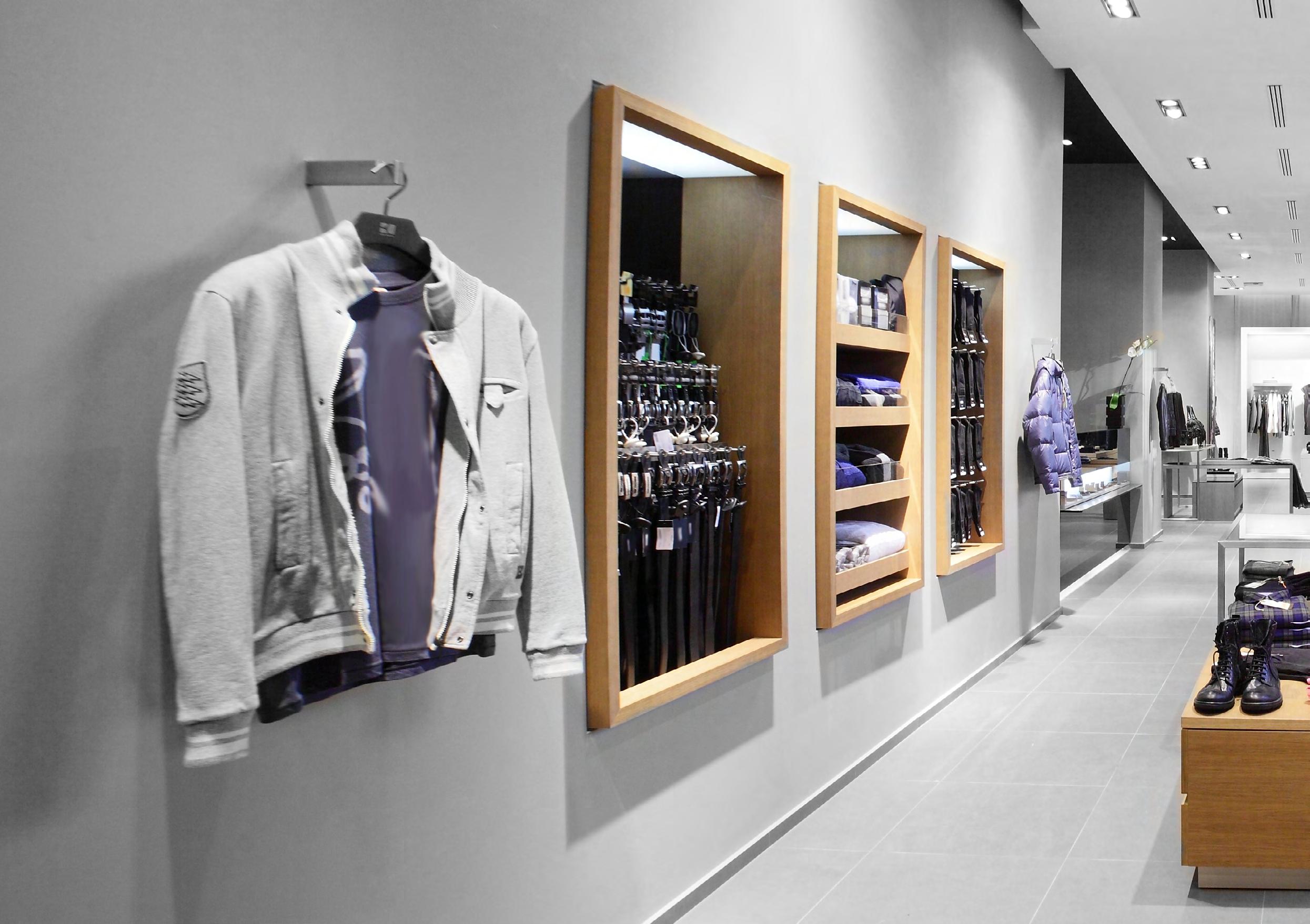

The Foundation (FdA) Degree in Retail Design is a specialist degree that is much in demand. It offers students the perfect progression through the world of interior design with an emphasis on the exciting global industry of Retail Design or progress onto the BA (Hons) Final Year Top-Up.


The BA (Hons) Final Year top-up in Retail Design is ideal for those wishing to ‘top-up’ an existing two year design qualification into a full BA Honours Degree with one further year’s study, specialising in the exciting global industry of Retail Design.
Foundation Degree (FdA) students study Modules 1 - 8
BA (Hons) Final Year Top-Up students study Modules 9 - 11
Interior design is a vibrant and exciting industry, and within this module you will be introduced to world leaders in both residential and commercial design. Research underpins all good design projects therefore this module will introduce you to the skills and methods needed to undertake this research. You will gain a comprehensive knowledge of interior design and its history through the ages; knowledge which you will be able to apply to future modules.

However beautiful a space, if it is not functional it will not work for the user. Form and function is essential for good design. In this module you will learn how to design a space to meet the requirements of its function. You will learn how to plan and design an efficient, comfortable and safe space within a number of different briefs for both residential and commercial interiors. You will also start to learn the importance of development work at the initial stages of a project and how a concept will aid the design process.

Ever wonder what makes for a good customer experience? In the first of the specialist modules you will be given the opportunity to explore this topic, considering the relationship between the retailer and the customer, and how this is affected by the lifestyle of the customer. You will undertake the development of a concept, using a selected target market and a space chosen by yourself. This is an exciting opportunity to tailor your portfolio towards the sector you wish to work within, creating presentation boards, drawings and rendered visual images.

Branding is one of the key considerations within retail design, and good branding can make or break a retailer, big or small. In this module you will focus on the development of branding and discover how this can be applied to a retail environment. You will also start to develop an understanding for the importance of branding when positioning a business within the market place.

Another key consideration within retail design is visual communication and merchandising, as this will affect the way that the products are viewed by the customer. There are many elements that effect this, including layout, circulation and positioning of products. Within this module you will gain an understanding of how established brands use a range of methods and techniques within the retail environment, and explore these yourself through development sketches and drawings.

Regardless of the sector you decide to specialise in, you will need to understand how and when to use sustainable products, materials and technologies, as this is a growing concern among clients. As a designer you need to be able to offer your clients the same range of options whilst being conscious of current environmental issues. Within this module you will address these issues and discover a range of architects and designers who specialise in eco-friendly interiors, all whilst exploring the world of restaurant design.

In this module you will be given the tools you need to create your own design practice and a marketing plan specifically tailored to you and your chosen career path. You will also explore the importance of branding to a business, and be given the opportunity to develop your own brand, which can form part of your portfolio and used to develop your future career prospects. You will also have the skills required to work within an existing practice at a professional level.
Through the development and presentation of a major design project, this module will allow you to apply everything that you have learnt so far. Working from concept, to development, through to completion, you will produce a great range of work to include within your portfolio. There is a choice of different client briefs, allowing you to tailor the direction of your project to your specialist field of degree study. For this module, you will also complete work experience, which will give you a unique insight into the design industry.
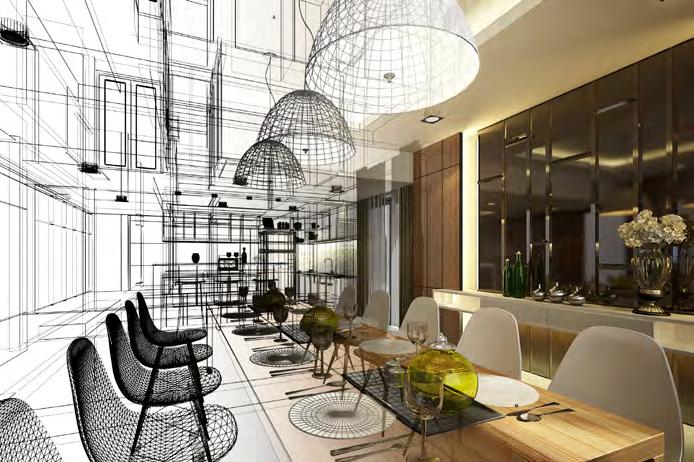
This module has two study options, which allows you to choose a project for your portfolio within the area of design that appeals to you most. Option 1 is exhibition design and within this you will explore the two main exhibition approaches; commercial trade shows and exhibitions within a gallery space. There are many elements to explore, including the visitor experience and branding.
Within this module you will start to consider the design of a retail space within a wider range of environments. These may include; hotels, museums and galleries, exhibition venues, visitor’s centres, and airports. The same considerations need to be made, however on a much smaller scale. You will produce a design for a pop-up retail space, creating a range of sketches, technical drawings and visuals for your portfolio.
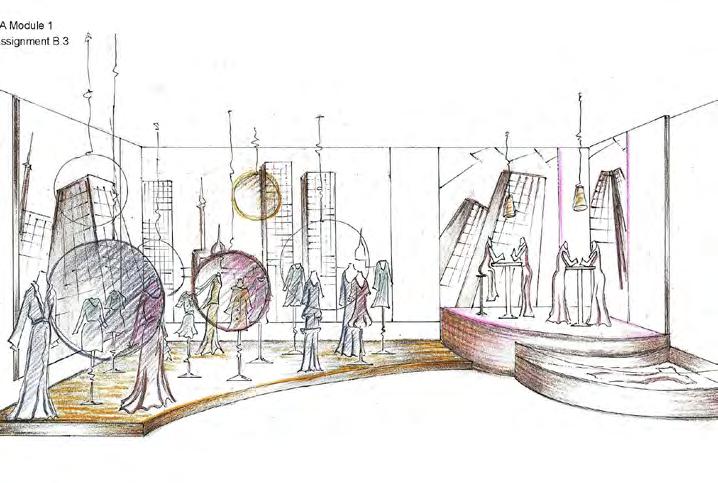

It is at this stage of the course that you will truly get to choose the direction of the work you produce, starting with the research of a topic close to your heart. If there is an area of design that you are passionate about, then this is an exciting opportunity to incorporate this into your degree. Within this module you will write a dissertation, with the support and guidance of your tutor, who by now will have a great understanding of you and how you study. This dissertation will then feed into your final module; the independent study.
Building on the topic you have developed in the Research Study module , with the support of your tutor, you will be given double the amount of time of the previous modules, to focus on your chosen design based project. This will be the culmination of three years of hard work and will bring together all the skills you have learnt along the way. This module will provide you with visuals, presentation boards, development sketches and technical drawings to add to your portfolio.

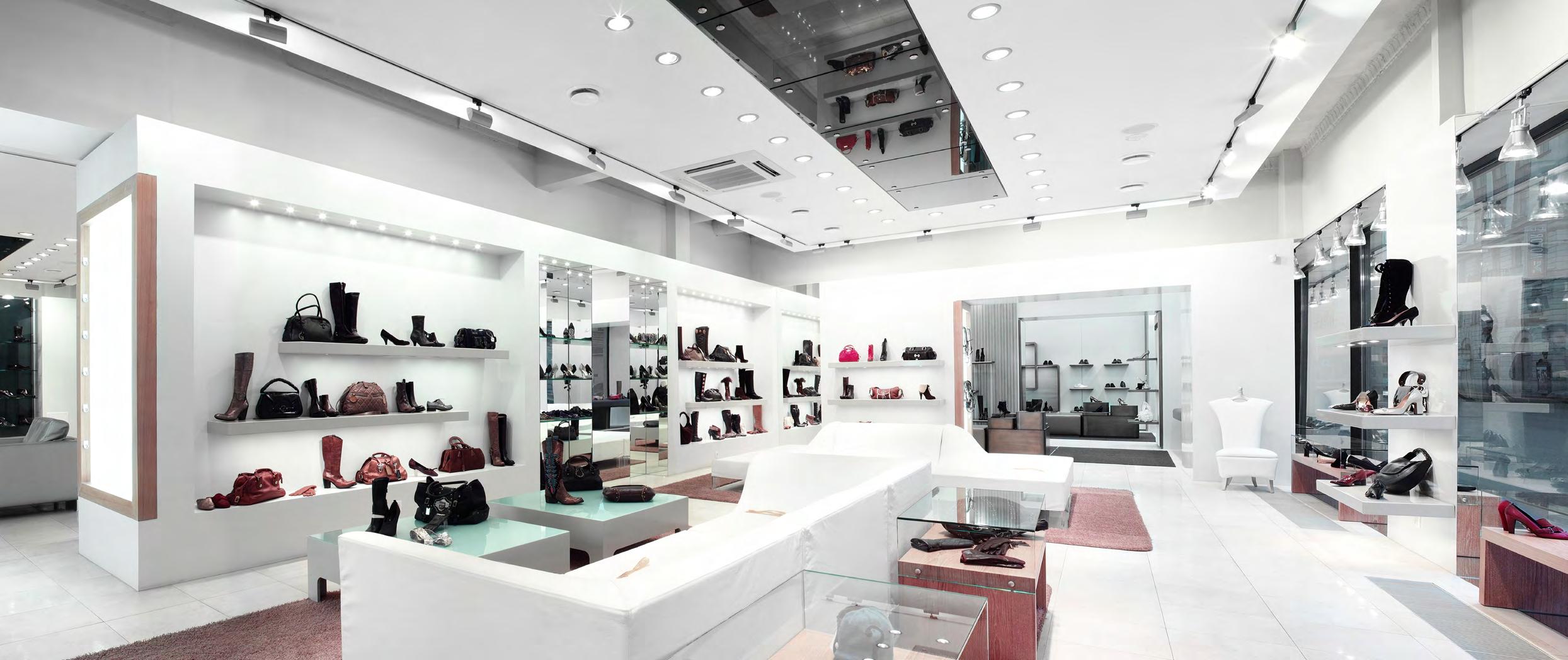


The NDA Online Master’s Degree (MA) in Interior Design with Practice Management is the final stage in the development of a professional interior designer. It will provide you with the expert knowledge to work at a senior or management level within a design or architectural practice. You will also have the entrepreneurial skills required to establish your own interior design practice.

Students require ONE of the following:
• Progression from NDA BA (Hons) in any subject
• Direct Entry: BA (Hons) in Interior Design, Interior Architecture, 3D & Spatial Design, Architecture or other equivalent design-related degree subject studied at another institution
• International Students: Equivalent degree qualification in a relevant design subject
• Experience: We welcome applications from mature students with a CV showing many years of experience at a senior level in interior design, architecture or similar plus one comprehensive example from your professional portfolio of a design project you have completed to include visuals/plans/sample boards/drawings etc
• The course is taught in English, so international students will require a good standard of written English to study. IELTS average 6.5 or TOEFL score of 550 is usually required, however all applicants are considered on an individual basis.
This module develops enhanced research skills in order to work at an advanced level within the interior design profession. Research skills are fundamental to good interior design practice and the module develops your research skills through an exploration of a topical issue or area of interior design. You will carry out research in your own area of interest and learn how to structure and present research material in a visually stimulating manner. Mastering these skills will help you to develop ideas and enable you to bring a unique perspective at an advanced level to your interior design professional practice.
Innovation in products and materials is vital to the continuing development of interior design. Energy efficiency, innovative material application, smart and immersive environments are just a few of the exciting innovations driving good practice within the industry. This module explores emerging technologies, systems and materials for interior design giving you a greater understanding of progressive industry requirements.
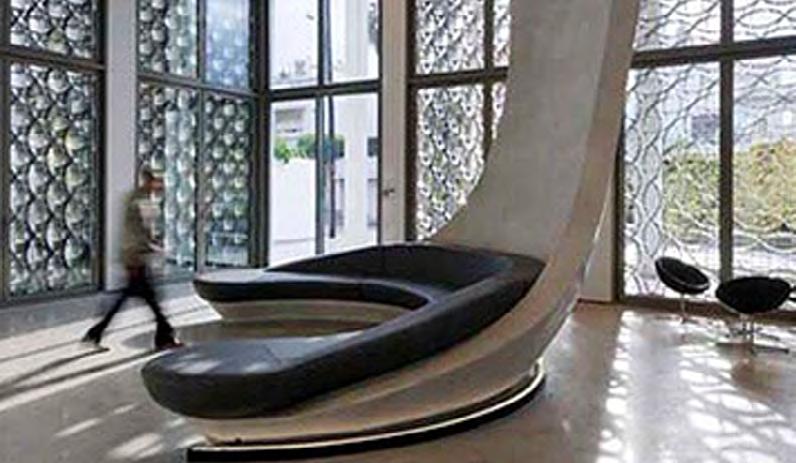
Trends in interior design happen as a result of predictions and forecasts being identified by specialist agencies, individual influencers and generative AI. These initial observations then gather momentum and focus until they achieve commercial credibility with ‘trend bibles’ being purchased by both blue-chip companies and design-led manufacturers. This module investigates the practice and management of trend forecasting for the design industries and how this shapes our interiors on a global scale.
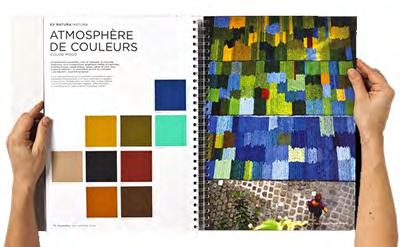
The most influential interiors present a clarity of concept representing a distinct culture or evidence a deep understanding of cultural influences. In this module, you will examine a wide variety of cultural influences and study the work of influential designers within those cultures. Through a combination of research and practice, you will also explore the ways in which you may reference cultural contexts within your own creative work, providing additional layers of interest to both commercial and residential interiors.

This is your chance to showcase your Masters Project which may form the basis of your portfolio. If you are already working in the design industry you can discuss with your tutor how you can opt to use a live project relevant to you or to your design practice. Your project will present your design ideas, critical thinking, awareness of trends and innovation and your ability to communicate through text and visuals. A clear schedule of work, a robust client brief and detailed costings complete the requirements for this exciting module.
The clear understanding and efficient control of the interior design process, from design to installation, is essential to the success of designer, project and practice. Attention to the structure and communication of information, clear scheduling of contractors and deliveries, allocation of budget and minimisation of waste are all equally important. The effective management of a design practice is also essential to the smooth running of a project. This module develops the advanced skills and knowledge for successful interior design project and practice management.





If you wish to study the MA Interior Design, but your Bachelor’s Degree is in a different design or arts related subject, the NDA Graduate Certificate in Interior Design course will prepare you to study at Post-Graduate level. The Graduate Certificate is designed as a conversion course and will equip you with the knowledge and skills required to study interior design at postgraduate level.
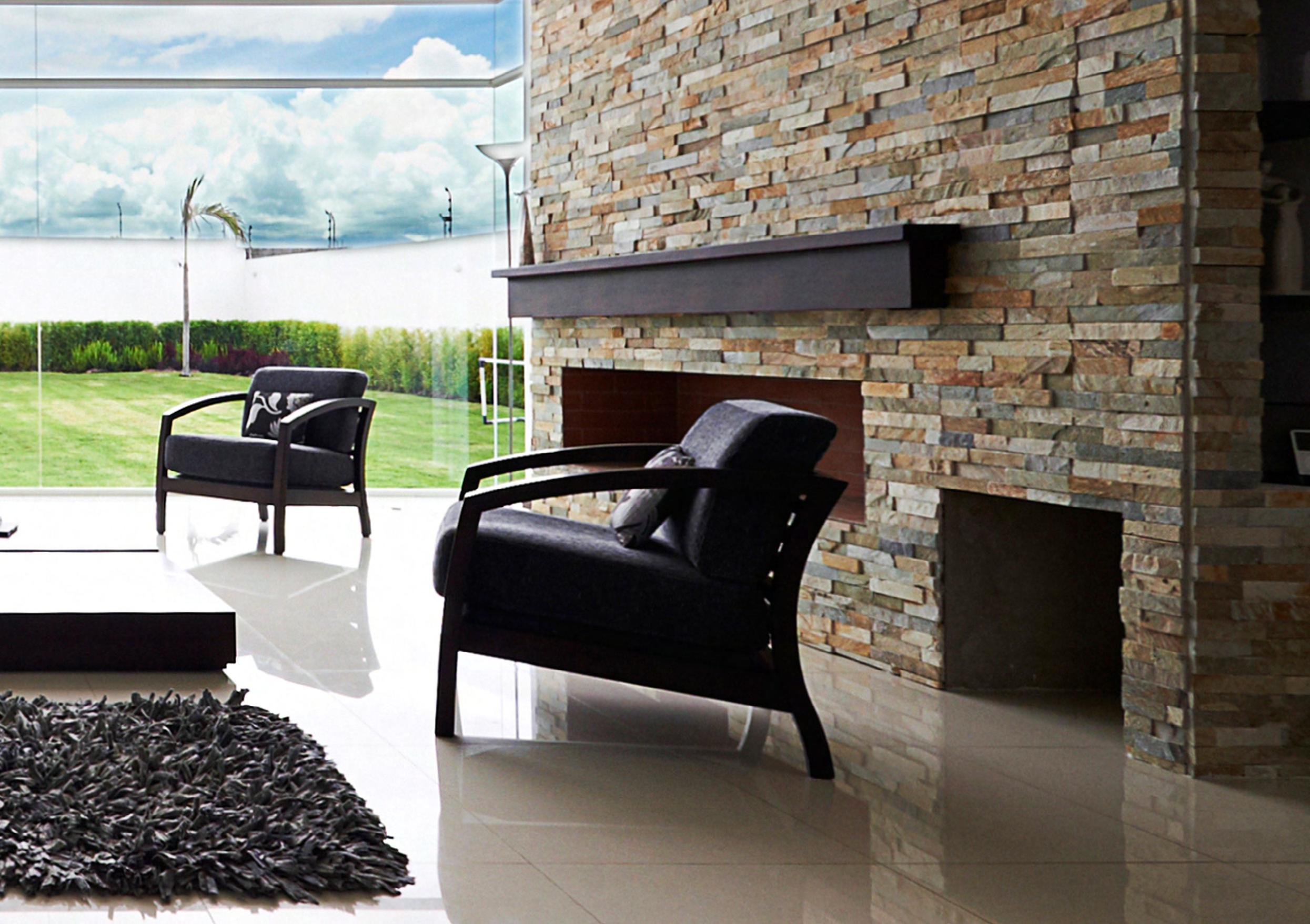
Students require ONE of the following:
• Existing Bachelor’s degree in a design or arts based subject from a UK or International institution
• The course is taught in English, so international students will require a good standard of written English to study. IELTS average 6.5 or TOEFL score of 550 is usually required, however all applicants are considered on an individual basis.
This course is designed for Graduates who do not hold a first degree in Interior Design but are keen to study the subject at Master’s Level.
Successful completion of this 60 Credit Advanced Diploma will allow access to the NDA Master’s Degree (MA) in Interior Design.
The course addresses key skills required to study on the Master’s Degree course including: space planning, producing plans and elevations, developing an interior design brief and understanding the components of a professional interior design pack.
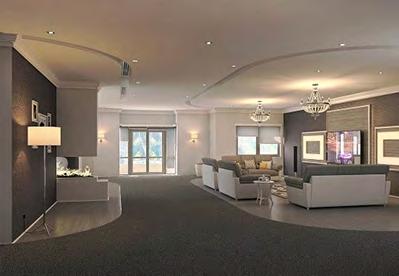



Alex started studying Heritage Interior Design with the NDA in 2012. Alex’s skill and passion for heritage properties was clear when she completed her FdA with a Distinction. On completing her course, Alex made the decision to convert her FdA into a full BA (Hons) by enrolling onto the NDA BA (Hons) Top-Up in Heritage Interior Design. Alex graduated a year later with First Class Honours in her Degree.
Following her degree Alex was able to leave her 9 years working in the banking industry behind her and pursue her new creative career within the design industry.
To find out more about the BA (Hons) Heritage Interior Design completed by Alex, or any of our other Diploma to Masters Degree courses please visit our website.
““Being 100% honest, without the National Design Academy I wouldn’t have changed career. I get up in the morning and I’m passionate about it and I can’t wait to get new projects...”

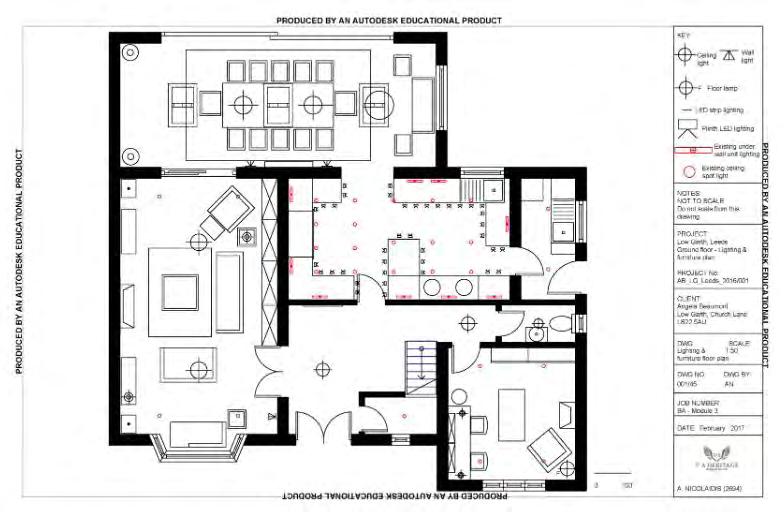
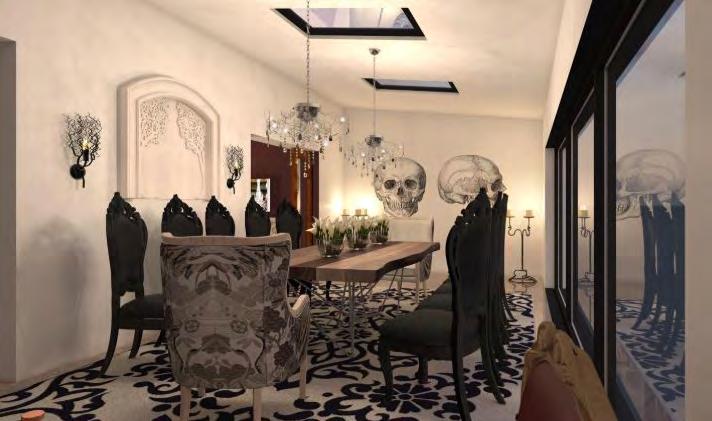
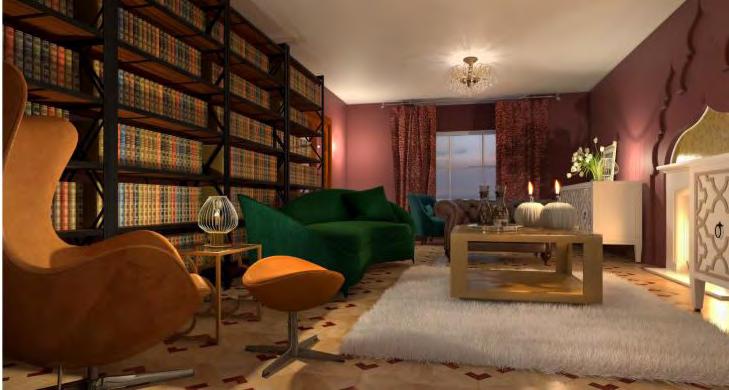

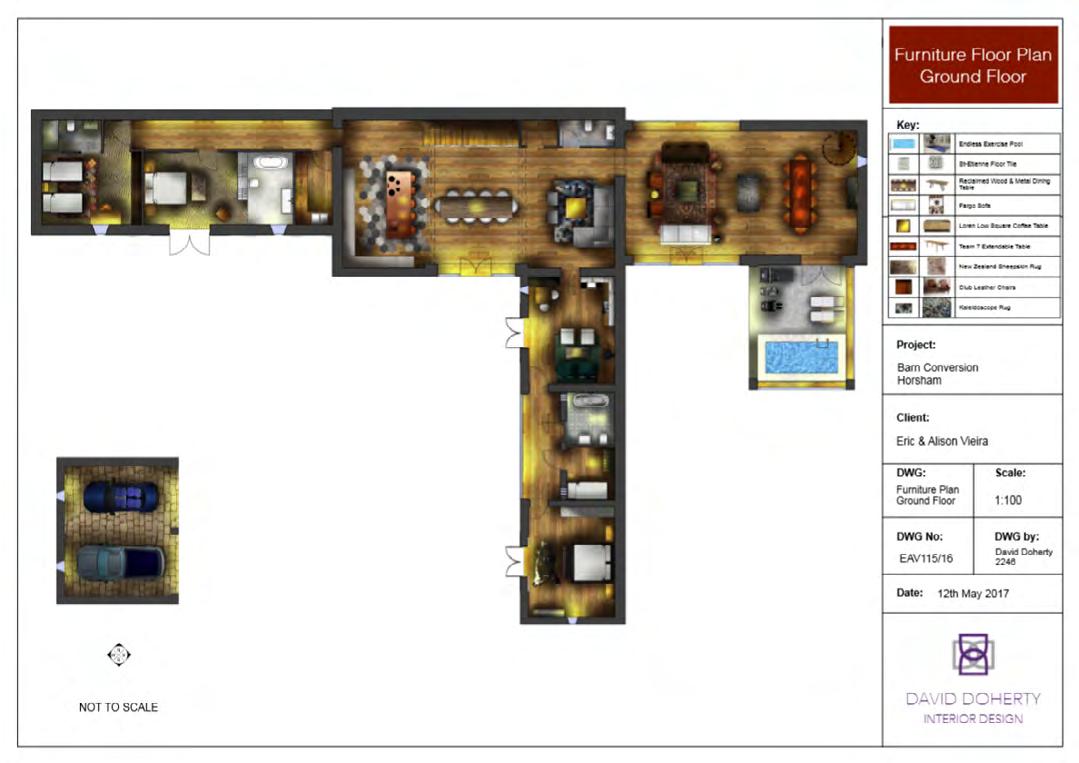
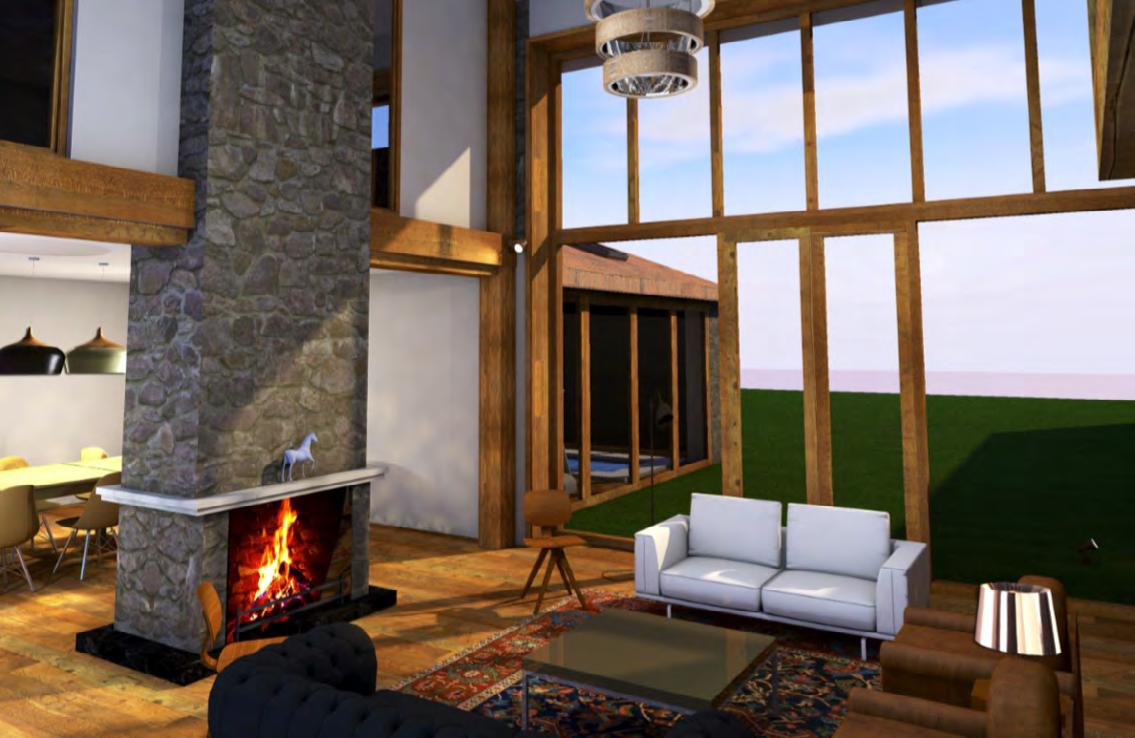


“David began his studies with the National Design Academy many years ago where he completed the Professional Diploma in Interior Design. Fast forward to today and he is now qualified at BA level having completed his BA (Hons) in Interior Design.
Prior to studying with NDA, David was at management level working as the Director of Services for a charity, based in Eastbourne in the UK. After overcoming life changing personal circumstances he wanted to think about his future and a career change based on his passion for interior design. The commitment, quality of work and consistency David has shown led to him being a worthy recipient of the NDA Student of the Year Award 2018.
To find out more about the BA (Hons) Interior Design completed by David, or any of our other Diploma to Masters Degree courses please visit our website.
“Studying with the NDA cemented the reasons why I decided to inaugurate myself into the study of interior design, giving me the drive and skills to commence my career as an interior designer.”
A selection of student work completed by NDA degree graduates. These examples show development work through to final visuals, from BA (Hons) to Master’s level.
View more examples of amazing students projects in our website gallery.
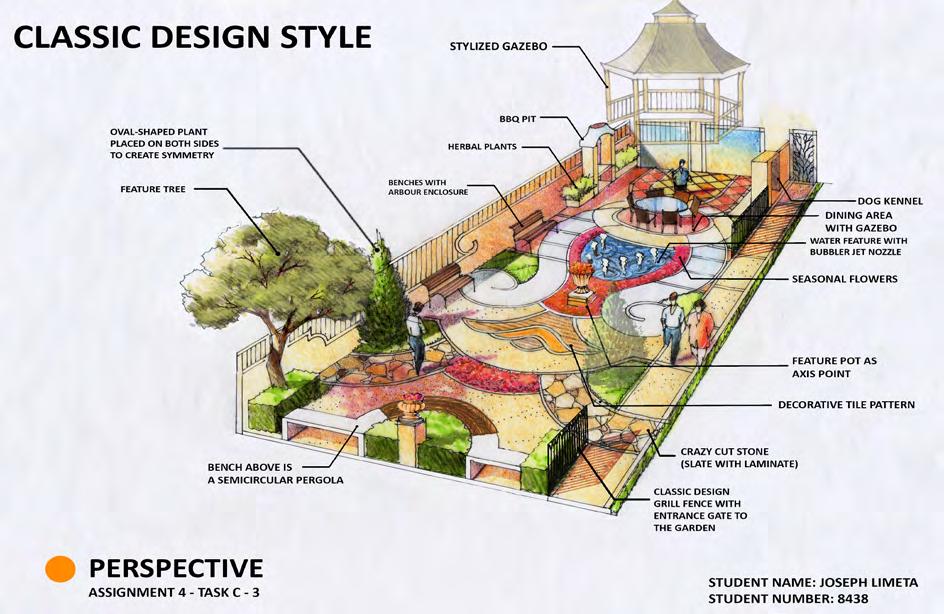




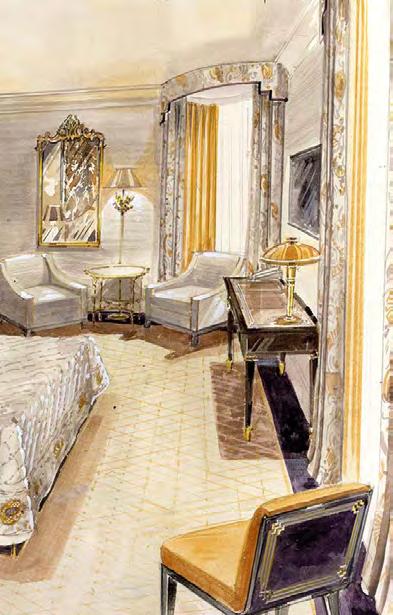

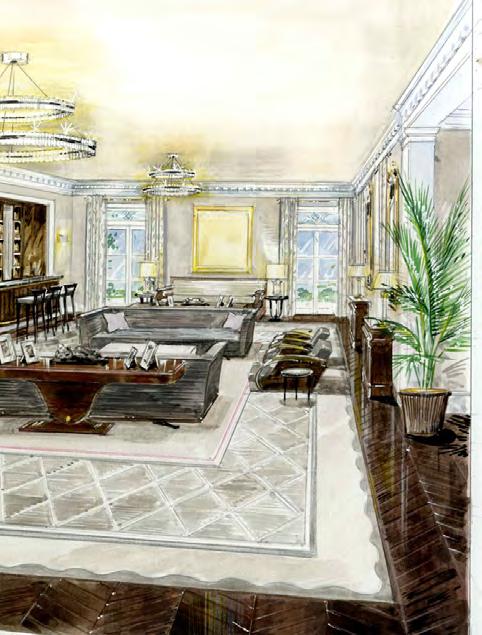
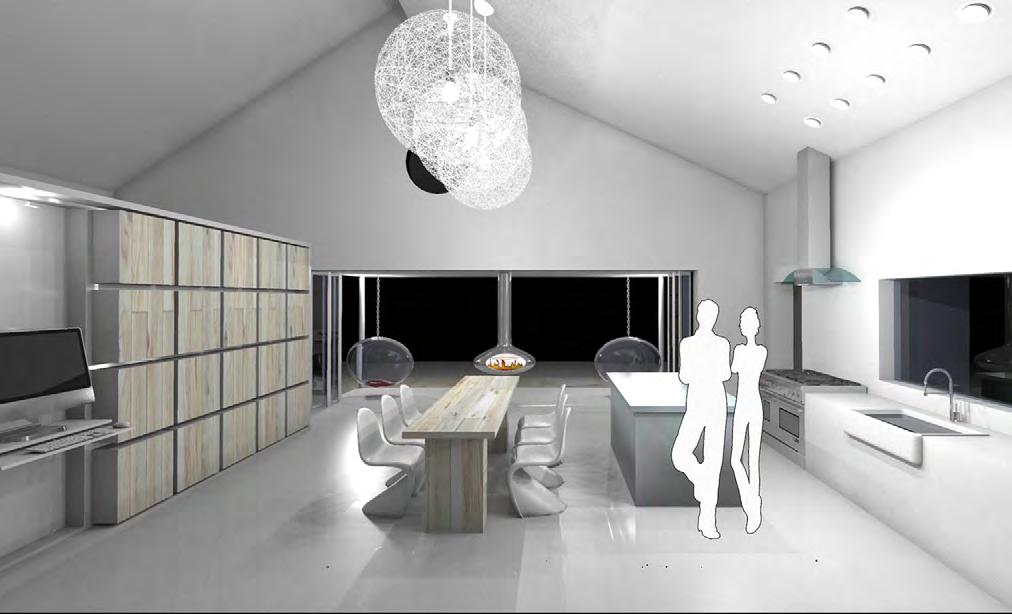

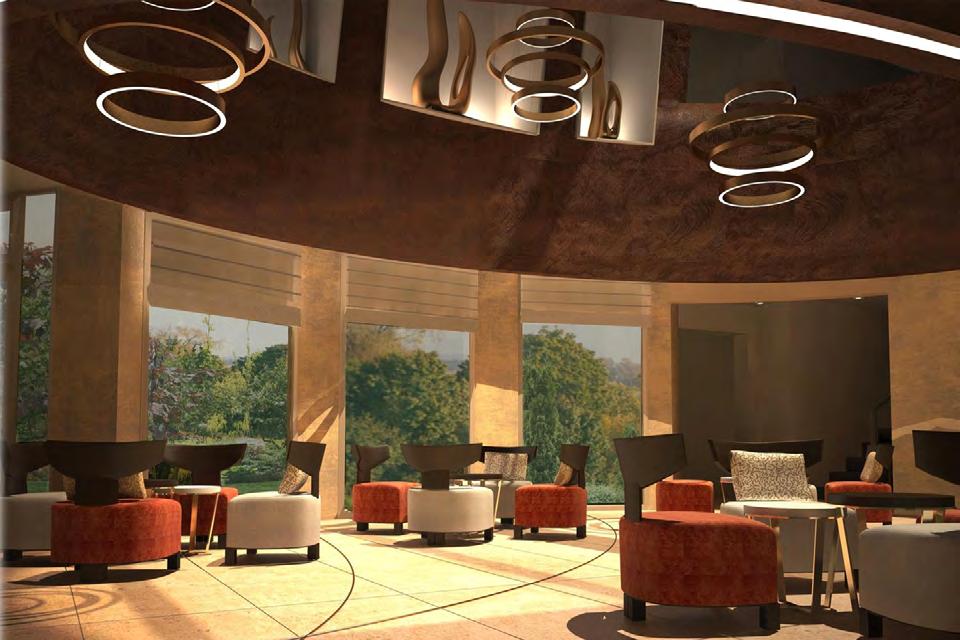
National Design Academy
Rufford Hall, Waterside Way, Nottingham, NG2 4DP
United Kingdom
Phone: +44 (0) 1159 123 412
Email: admissions@nda.ac.uk






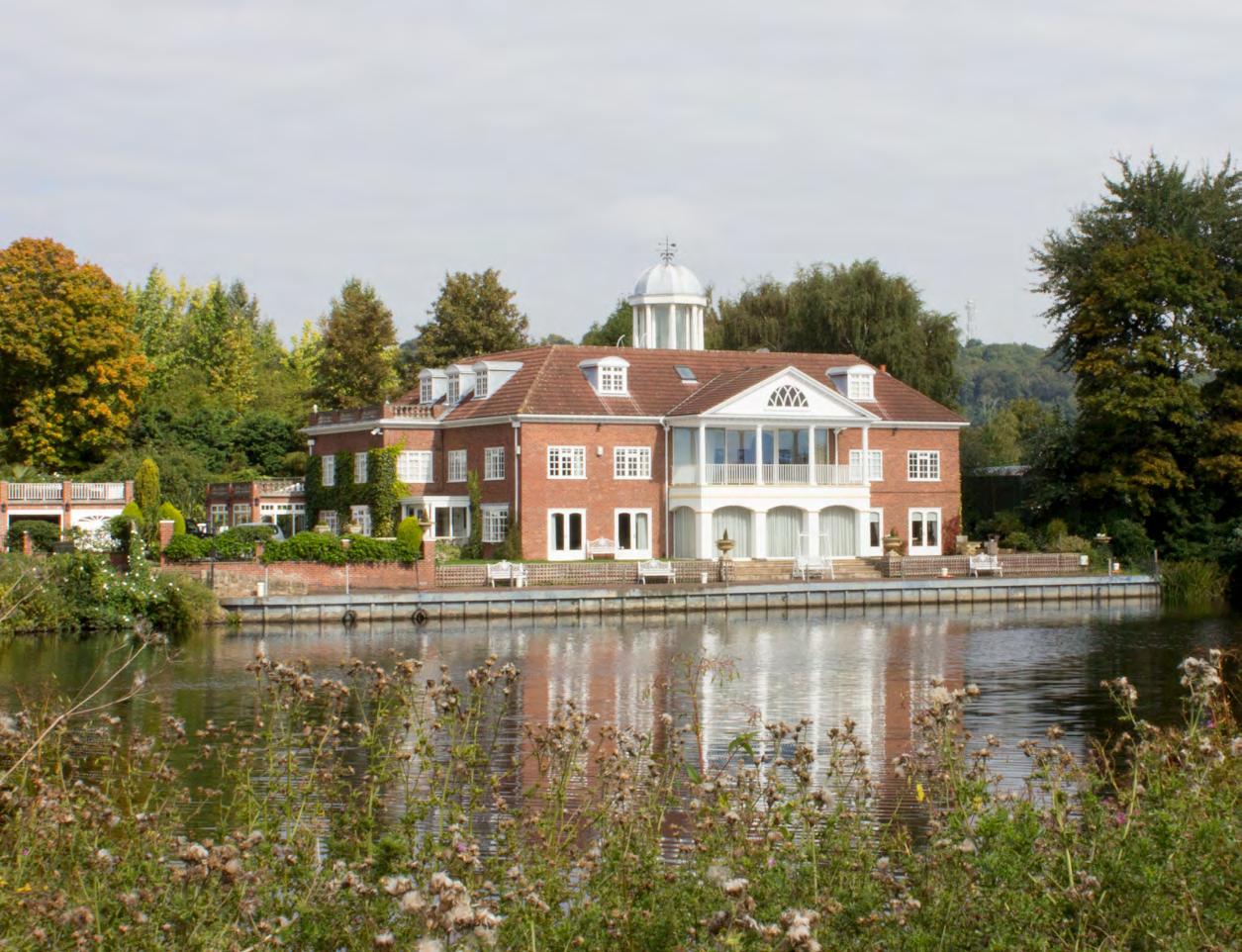
National Design Academy
Office Block 2B, First Floor 129,
Knowledge Park, Dubai,
United Arab Emirates, PO Box 333207
Phone: +971 44298788
Email: international@nda.ac.uk






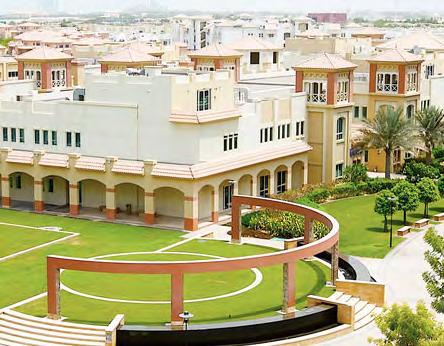




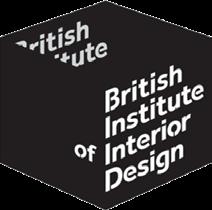





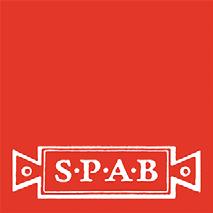


The National Design Academy is part of The NDA Foundation, a not-for-profit organisation committed to widening access to Further & Higher Education through affordable, flexible, online delivery.
COPYRIGHT © NATIONAL DESIGN ACADEMY